Guava, a tropical fruit known for its rich vitamin C content, medicinal properties, and delightful taste, has earned global recognition—not just as a fresh fruit but as the core ingredient in a wide range of value-added products. From juices and jams to candies, cosmetics, and nutraceuticals, guava-based products form a dynamic and profitable sector of the global agro-processing industry. While many countries cultivate guavas, only a handful have developed robust industries focused on guava processing and product diversification. This article delves into the countries leading in guava-based products and explores the key drivers behind their dominance.
Why Guava-Based Products Are in Demand
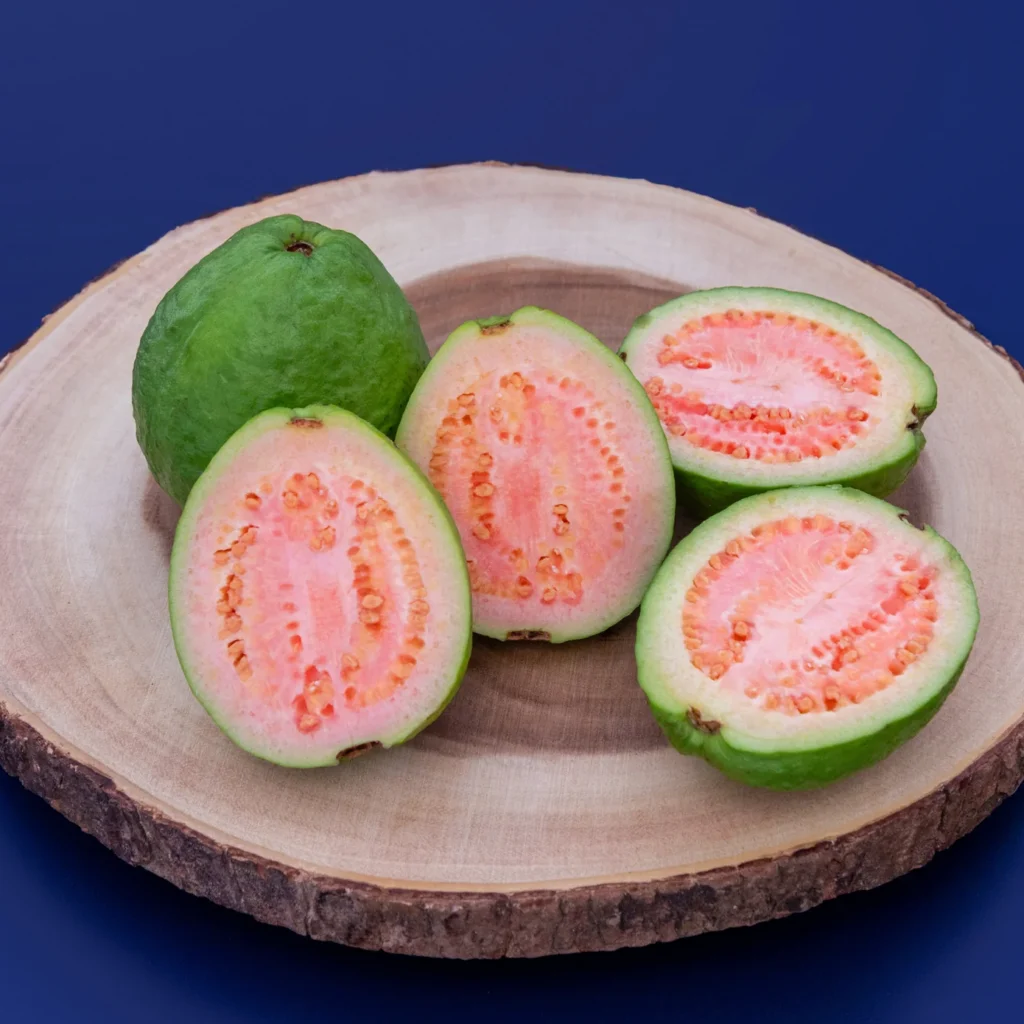
Before analyzing the leaders, it is essential to understand what makes guava such a commercially valuable crop in processed form:
- Nutritional Profile: Rich in vitamin C, dietary fiber, antioxidants, and low in calories.
- Versatility: Can be transformed into pulp, juice, jelly, jam, ice cream, candy, beverages, herbal teas, skincare products, and more.
- Long Shelf Life in Processed Form: Unlike fresh guavas, guava-based products last longer, facilitating global trade.
- Health Trends: Increasing demand for functional foods and natural remedies supports the growth of guava-based nutraceuticals.
1. India – The World’s Guava Powerhouse
India is not only the largest producer of guavas globally but also a key player in guava-based product development. States like Uttar Pradesh, Maharashtra, and Bihar lead in production, but the processing industries are concentrated in Maharashtra and Gujarat.
Key Products:
- Guava pulp and nectar (used for juices and confectionery)
- Guava jelly and jam (exported widely)
- Guava-flavored beverages by top Indian brands like Paper Boat and Dabur
Why India Leads:
- Government incentives under schemes like PMFME (Prime Minister’s Formalization of Micro Food Processing Enterprises)
- Large domestic market for both fresh and processed guava
- Export-friendly infrastructure in places like Maharashtra and Andhra Pradesh
India’s guava pulp is exported to Gulf countries, Southeast Asia, and increasingly to the EU, where clean-label products are gaining favor.
2. Thailand – Innovator in Tropical Fruit Processing
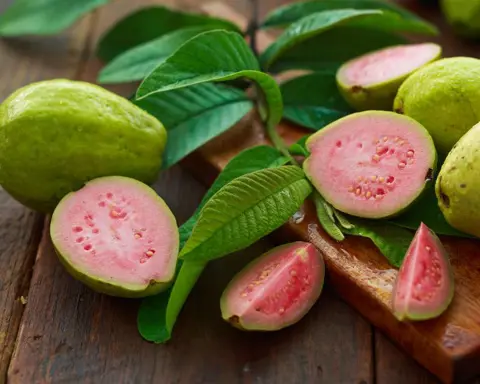
Thailand has long been recognized for its advanced fruit processing capabilities. Guava is a popular fruit in the Thai domestic market, and Thai firms have capitalized on its popularity by producing:
Key Products:
- Dried guava snacks (vacuum-dried and freeze-dried)
- Guava juices with low sugar content
- Cosmetic products using guava leaf extract for anti-aging and acne control
What Sets Thailand Apart:
- Emphasis on R&D for packaging and preservation techniques
- Highly organized export sector
- Strong reputation for food safety and hygiene
Major Thai brands export guava-based products across Asia, North America, and Australia.
3. Mexico – Dual Strength in Production and Processing
Mexico is among the top three global producers of guava and has also evolved into a hub for guava-based exports, especially to the United States.
Key Products:
- Fresh guava exports (mainly to the U.S.)
- Guava paste, jams, and syrups used in baking and confectionery
- Traditional candies like ate de guayaba
Why Mexico Is Competitive:
- NAFTA/USMCA trade agreements make exports to North America cost-effective
- Rich guava-growing regions like Michoacán and Aguascalientes
- Integration between agriculture and local processing industries
Mexican guava products, especially fruit concentrates and preserves, are popular among Latino communities in the U.S. and Canada.
4. Brazil – A Rising Star in Guava-Based Beverages
Brazil, known for its vast biodiversity and agribusiness potential, is a significant guava producer with a growing processing industry. In the state of São Paulo and Minas Gerais, guava cultivation is highly commercialized.
Key Products:
- Guava nectar and purees for domestic and export use
- “Goiabada” (guava cheese) – a traditional dessert product
- Functional beverages and smoothie bases
What Drives Brazil’s Growth:
- Strong link between agriculture and food innovation sectors
- High domestic consumption and growing export markets in Europe
- Investment in sustainable and organic processing
Brazil’s guava exports are rising, particularly to Europe, where interest in exotic, health-oriented products is growing.
5. Philippines – Regional Leader in ASEAN
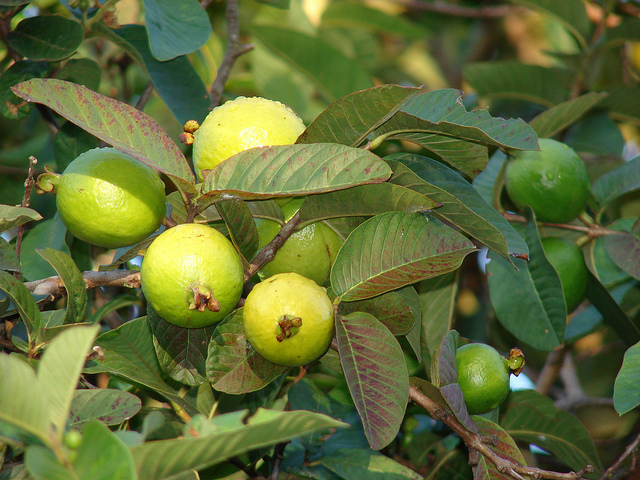
The Philippines, though not among the top guava producers globally, has gained recognition for unique value-added products like:
Key Products:
- Guava tea and herbal supplements
- Guava-based soaps and skincare items
- Guava concentrate and dried snacks
Key Advantages:
- Promotion of guava in alternative medicine and organic health
- Skilled local enterprises focused on small-scale production
- Export-friendly to neighboring ASEAN countries and the U.S.
Guava leaves are especially popular in Philippine natural health circles, with guava extract known for its antimicrobial and digestive benefits.
6. South Africa – Guava as an Export Opportunity
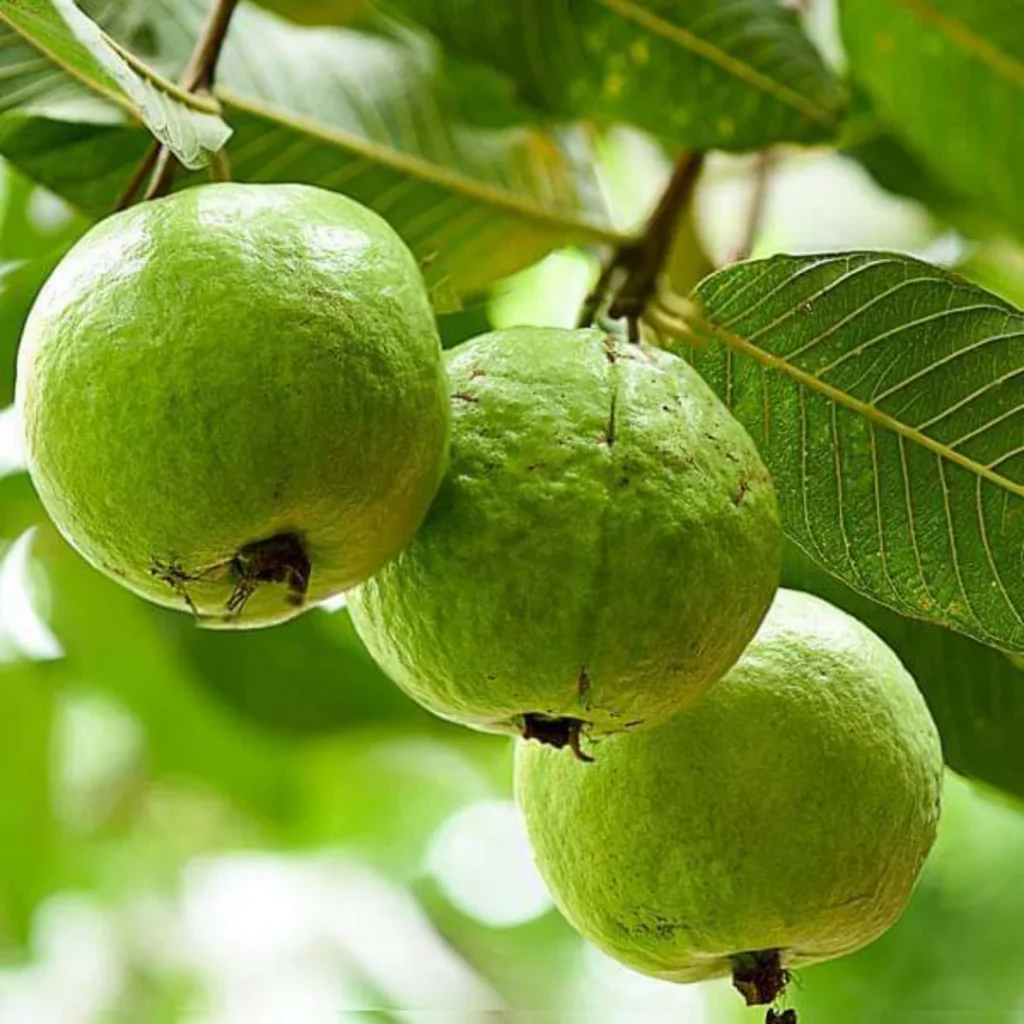
South Africa cultivates guava mainly in the Western Cape and Mpumalanga. While production volume is modest compared to Asian giants, the country’s processing and export focus has placed it on the global map.
Key Products:
- Guava juice concentrate for global beverage brands
- Preserved guava slices in syrup
- Guava-flavored wine and spirits
Why South Africa Is Promising:
- Strong agritech infrastructure
- Market access to the EU through trade agreements
- Efficient logistics for processed fruit exports
South Africa’s guava-based exports are tailored for niche markets, especially in Europe and the Middle East.
Global Market Trends for Guava-Based Products
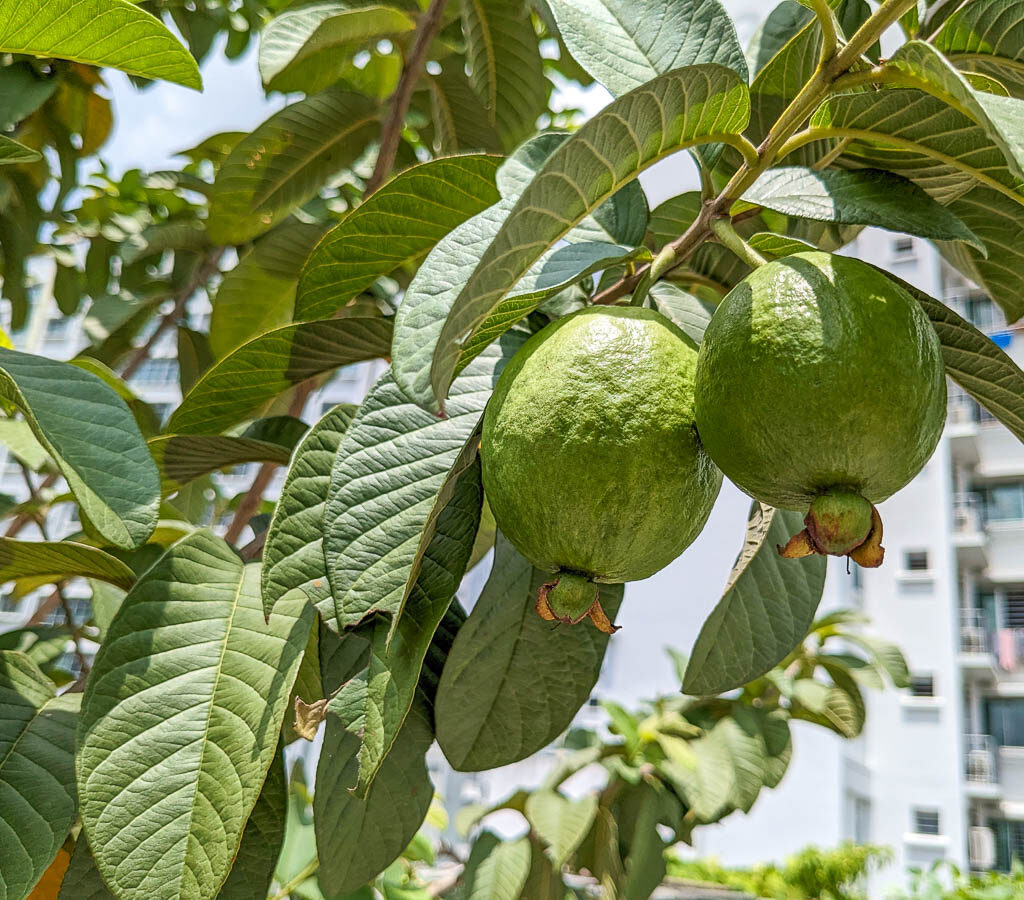
- Health and Wellness Boom: Consumers globally are demanding natural, immune-boosting, and antioxidant-rich products.
- Rise of Superfruits: Guava is now classified among superfruits, gaining traction alongside acai, pomegranate, and blueberries.
- Sustainable Packaging: Countries like Thailand and India are investing in biodegradable packaging for guava-based products.
- E-commerce Expansion: Processed guava snacks and beverages are increasingly sold through global platforms like Amazon and Alibaba.
Conclusion
Guava’s transformation from a humble tropical fruit into a global value-added commodity showcases how agriculture and innovation can come together to power economies. India, Thailand, Mexico, and Brazil lead the way, each leveraging unique strengths—be it production volume, technological innovation, trade access, or traditional food culture.
As the world becomes more health-conscious and demands sustainable, nutritious food options, guava-based products will only grow in prominence. Countries that invest in agro-processing, R&D, and global marketing will continue to dominate this vibrant and expanding market.

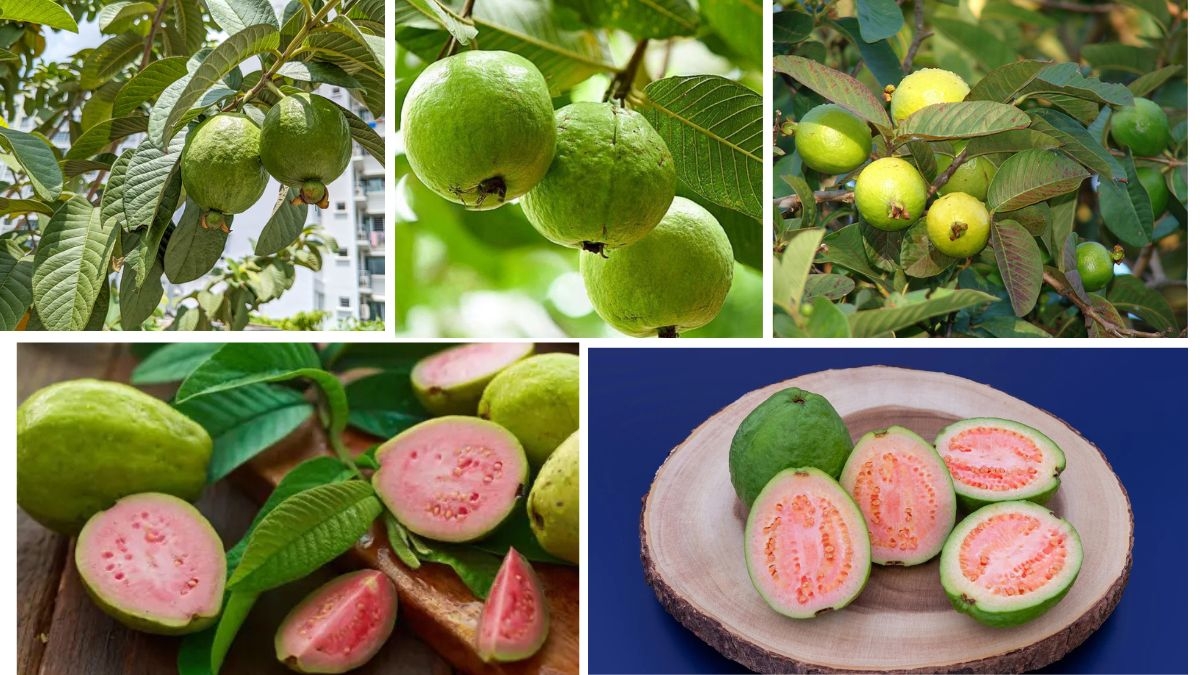





Leave A Comment